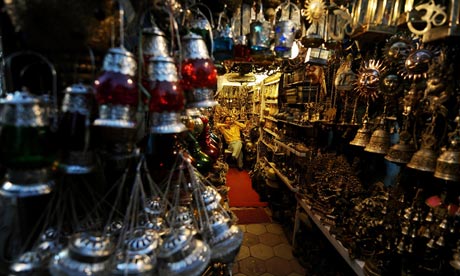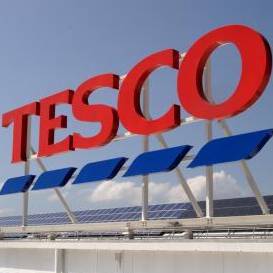
Social Networking sites are growing exponentially. This implies that social media is essential technology which allows businesses to collect customers. The relatively low cost on social media marketing allows many small businesses to promote their business in a cost efficient ways. Moreover, the growth has also caught the attention of big companies such as Pepsi Cola.
Social media is the future major platform for companies in promoting their products. Companies are taking a new approac h in marketing where companies no longer selling their business but to creating connections through communities. Technology allows companies to target potential customers. For example, companies could create facebook advertisement and chooses the criteria (e.g. geography and age) of targeting audiences. The word-of-mouth marketing is a special feature of social media marketing. To ensure effective social media marketing, businesses should frame their story in an understandable way. Also, it is recommended that the business should engage in social network marketing on a daily basis.
h in marketing where companies no longer selling their business but to creating connections through communities. Technology allows companies to target potential customers. For example, companies could create facebook advertisement and chooses the criteria (e.g. geography and age) of targeting audiences. The word-of-mouth marketing is a special feature of social media marketing. To ensure effective social media marketing, businesses should frame their story in an understandable way. Also, it is recommended that the business should engage in social network marketing on a daily basis.
 r has approved the proposal of allowing foreign companies to hold 51% stakes in supermarket chains in India. However, the move is considered as deeply controversial. As India has committed to economic self-reliance for decades, the ambiguity created by the big change has caused fears among local retailers. Critics say it would mean lower price paid to farmers and huge job losses.
r has approved the proposal of allowing foreign companies to hold 51% stakes in supermarket chains in India. However, the move is considered as deeply controversial. As India has committed to economic self-reliance for decades, the ambiguity created by the big change has caused fears among local retailers. Critics say it would mean lower price paid to farmers and huge job losses.



 turning over £4m a year and has successfully opened three other branches – in Cornwall, Melbourne and Amsterdam. Being a social enterprise, their aim is to make a social impact for having all our profits go back to the registered charity (
turning over £4m a year and has successfully opened three other branches – in Cornwall, Melbourne and Amsterdam. Being a social enterprise, their aim is to make a social impact for having all our profits go back to the registered charity (
